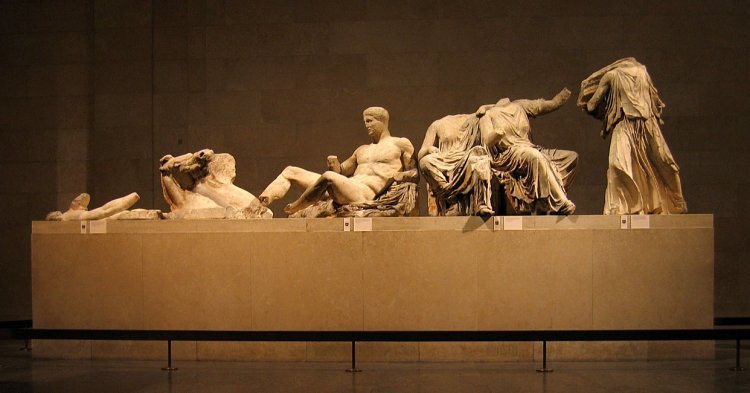The Greek Parliament announcement of a Referendum on European and international creditors’ plan is a sign of the reversion in the European integration progress, that started after World War II and has always achieved positive results: facing speed-ups and slowdowns, but always toward a greater integration.
For the very first time, a UE member State is voting on staying in the Euro-zone and in the Union itself. Hence the perspective and the direction have changed. From now on the topic will not be how much to speed up or to slow down towards a greater integration, but how much to speed up or to slow down towards a dissolution of European unity.
This is not Greeks’ fault. Exactly the other way round. Tsipras has chosen the only possible path, leaving in the hand of citizens a crucial decision that, taken by himself, it would have represented a violation of his electoral mandate: or to impose to Greek people even harsher conditions, without a real plan on how to exit from the crisis during the following years, or to drag Greece out of Europe, on a direct route to Putin. It is obvious, and right, for a head of state to avoid taking this kind of responsibility. Alternatively, he could have resigned, admitting the impossibility of his mandate to go on, and this would have created chaos. He did not go for a choice of responsibility.
The referendum can have only one meaning, due to its consequences: the permanence or not of Greece in Euro-zone and European Union. This was strongly reaffirmed by Merkel and Juncker, which are the actors guiding the leaderships of member State and of the Union itself.
On the other hand, if NO wins, first of all Greece will not pay its debts to ECB and Member States. Therefore, the conditions that allows Greece to have a sit in European Institution will fail, with a loss of credibility in Member States duties to the Union. Why should the others States go on paying their own debts and respect the communitarian commitments?
Moreover, the hole in payments will cause huge pressure on Mario Draghi who will be accused of having wasted European citizens’ money, letting them lend it to a failing debtor: probably, he will have to resign.
Could his successor still play that courageous and even “federalization” role, assumed by ECB in the last years? It is likely impossible. On the contrary, many backward steps will be required to this institution that have tried to meet the requests of a State that lately decided to cut its debt. Not to mention, furthermore, that the exit of Greece from Euro would inevitably cause its move into into Russian orbit, and then the pressure on oriental borders -already high due to the Ukrainian issue- would increase once again. And not to mention that a precedent would have already been created, and Euro entrance reversibility would have been established. How could the rest of the world look at Eur-ozone with credibility and liability?
Therefore, a YES could seem a victory for Europe. Even though this hypothesis is not likely to happen, also the winning of YES would not improve the situation. It would be just putting on paper that Greece is not a level B State, that can make big sacrifices for international investors. It would be a clear sign that Europe, facing one Member State difficulties in paying its debts, behaves in total contrast with principles of solidarity and humanity. Is this really a Union of States? A family of States based on threats and humiliations? A father that refuse to help his prodigal sons even in such hard times, is not a good father and the family in which he lives, is not a real family. In truth, we should not reach this point. The Eurogroup and the Commission should have dismissed IMF and thrown it out of negotiations, paying Greece’s debt: they should have said to international investors that Greek debt (just the 2% of European public debt!) was guaranteed, and then solve the problem within European four home walls. Namely, this would have implied the creation of a Eurozone own balance, guaranteeing Euro’s Member States’ foreign debts, whose management could find its legitimacy into a Parliament enforcement and a Council re dimensioning. In other words, a federal balance under the leadership of a Federal government, democratically elected. In truth, a Europe with a broader view, pride and solidarity, would have never came to decision like the one on the Greek referendum. And, now that this have happened, the defeat is already admitted, and there is no coming back.
The missing political courage, the prevailing of eurosceptic forces, the inflexibility of some governments and the lack of initiative of other ones (first of all, Italy) are the factors to blame for the collapse of European home; of a dimension that have guaranteed to the European continent the longest period of peace an wellbeing of the last 2000 years, of the very first attempt to a pacific revolution of all the people of the continent against National States that have drag them into darkness and that, now, sentence them once again to division, conflict, and irrelevance.

Follow the comments: |
|
